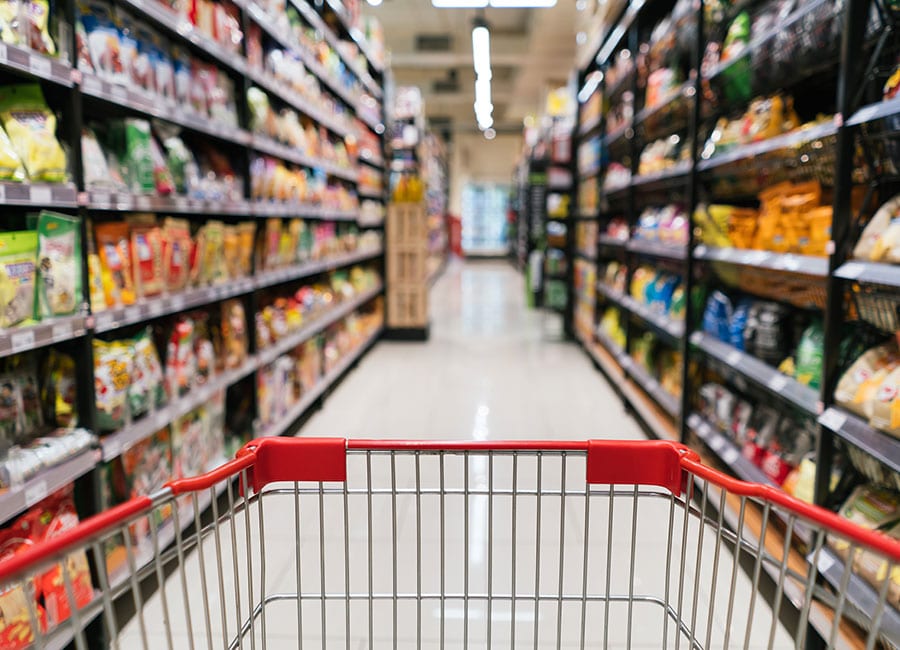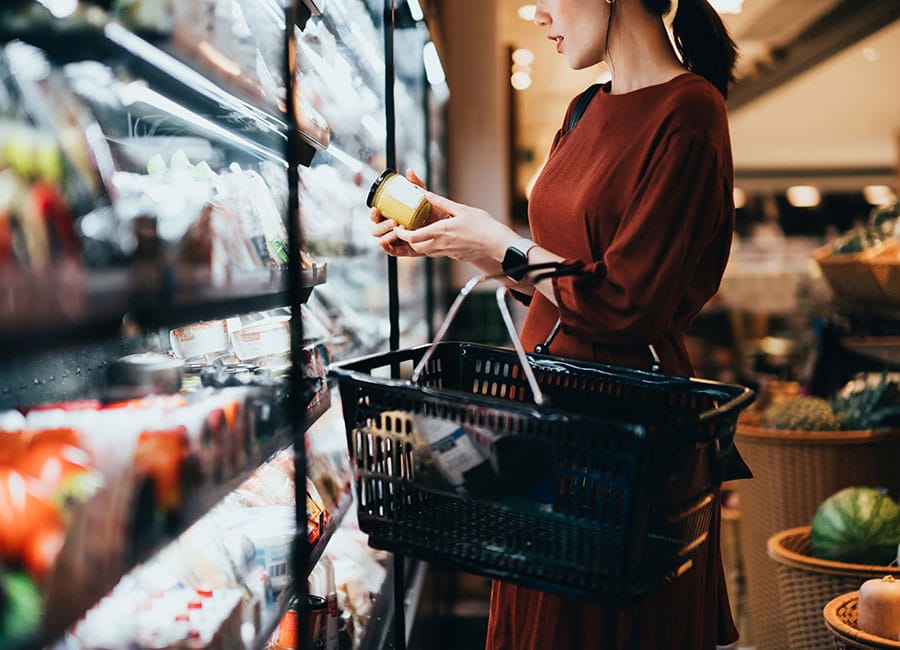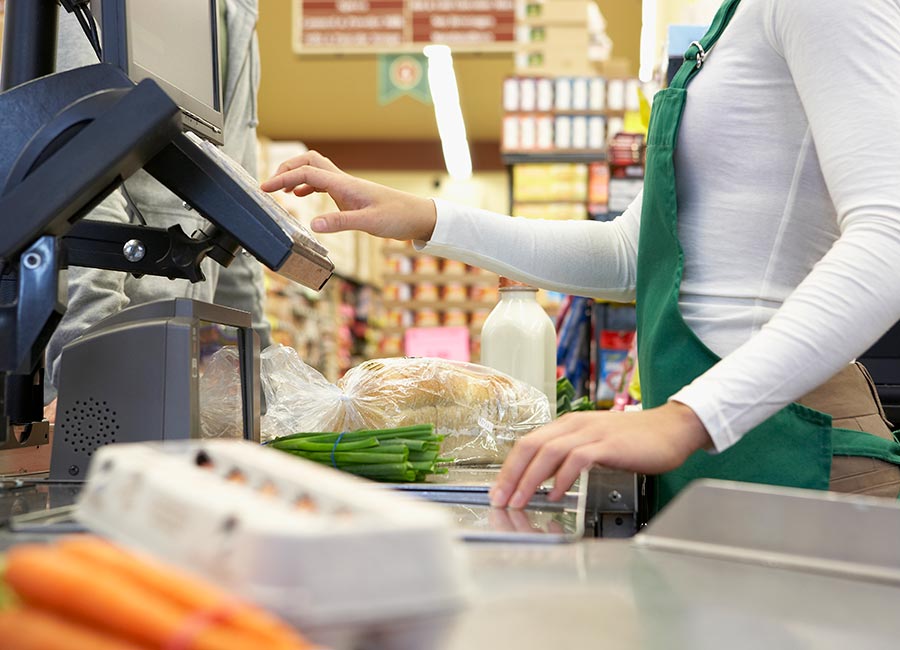Supermarket sales fell 7.3% in the 12 weeks to 20 March, continuing a declining trend with the easing of restrictions and the reopening of society, although sales still remain 1.3% higher than pre-Covid levels, according to Kantar.
Sales have dropped 7.7% in the past four weeks, with shoppers spending €78.2m less on take-home groceries, while inflation now stands at 3.7% -- its highest level since October 2013 -- increasing for the eighth consecutive month.
"All our remaining COVID-19 restrictions have eased across Ireland and that’s making its mark on grocery sales," said Emer Healy, retail analyst at Kantar. "Not only are people heading back to the office, but they’re also enjoying returning to pubs, cafés, and restaurants, and as a result are picking up more food while on the go, rather than from the supermarkets.
"As spiralling costs bite at the heels of retailers and shoppers, supermarket prices are being pushed up," she added.
"The number of products sold on promotion has dropped by 5.7% as the grocers look to mitigate supply chain pressures, and we’ve seen a marked increase in the average price of staples like bread, butter and toilet paper over the last 12 weeks."
Instead, shoppers are now focused on finding cheaper alternatives to items on their shopping lists, with private label's share of the grocery market rising 1.2% year-on-year and retailers' own lines accounting for 46.3% of sales.
"Headlines around shortages of pasta and flour have also seen sales of those products soar, with both categories boosted by 22% and 30% respectively during the month of March," Healy said.
Online shopping appears to be the legacy of the pandemic that is here to stay, with web sales share of the market growing 3.1 percentage points since 2018, driven by couples without children -- 26% of such couples now shop online compared to 14% in 2018. Kantar estimates that online sales will account for 6.6% of grocery sales by 2024.

Elsewhere, home baking and cooking ingredients continue to see strong growth, having risen 14.6% in 2020 and 20% in 2021, while sales of tea and coffee are up 23% from prior to the pandemic as many continue to work from home on a part-time or full-time basis.
"Personal hygiene remains top of the agenda too. Sales of liquid soap are up 36% compared with 2019," Healy said.
Dunnes remains the largest supermarket in terms of market share at 22.4%, ahead of SuperValu on 21.6% and Tesco on 21.3% with Lidl and Aldi further back on 13% and 12.4%, respectively.
Sales at all the major outlets are down year-on-year, with SuperValu (-9.6%) and Tesco (-9.3%) experiencing the biggest decline, Lidl (-5.6%) and Aldi (-5.2%) have also seen substantial drops while Dunnes (-1.7%) saw the least disruption.
Similarly, sales at all the supermarket chains remain well ahead of 2019 levels (+12.3%), with sales at Lidl having grown the most over the past two-plus years (+21.7%) compared to SuperValu (+16.2%), Aldi (+13.4%), Dunnes (+13.5%), Tesco (+12.1%).
"The competition between the grocers is ramping up as people hunt for the best deals. Those grocers with strong messaging on lower average prices and promotional offers are best placed to come out on top," Healy concluded.
(Pic: Getty Images)











